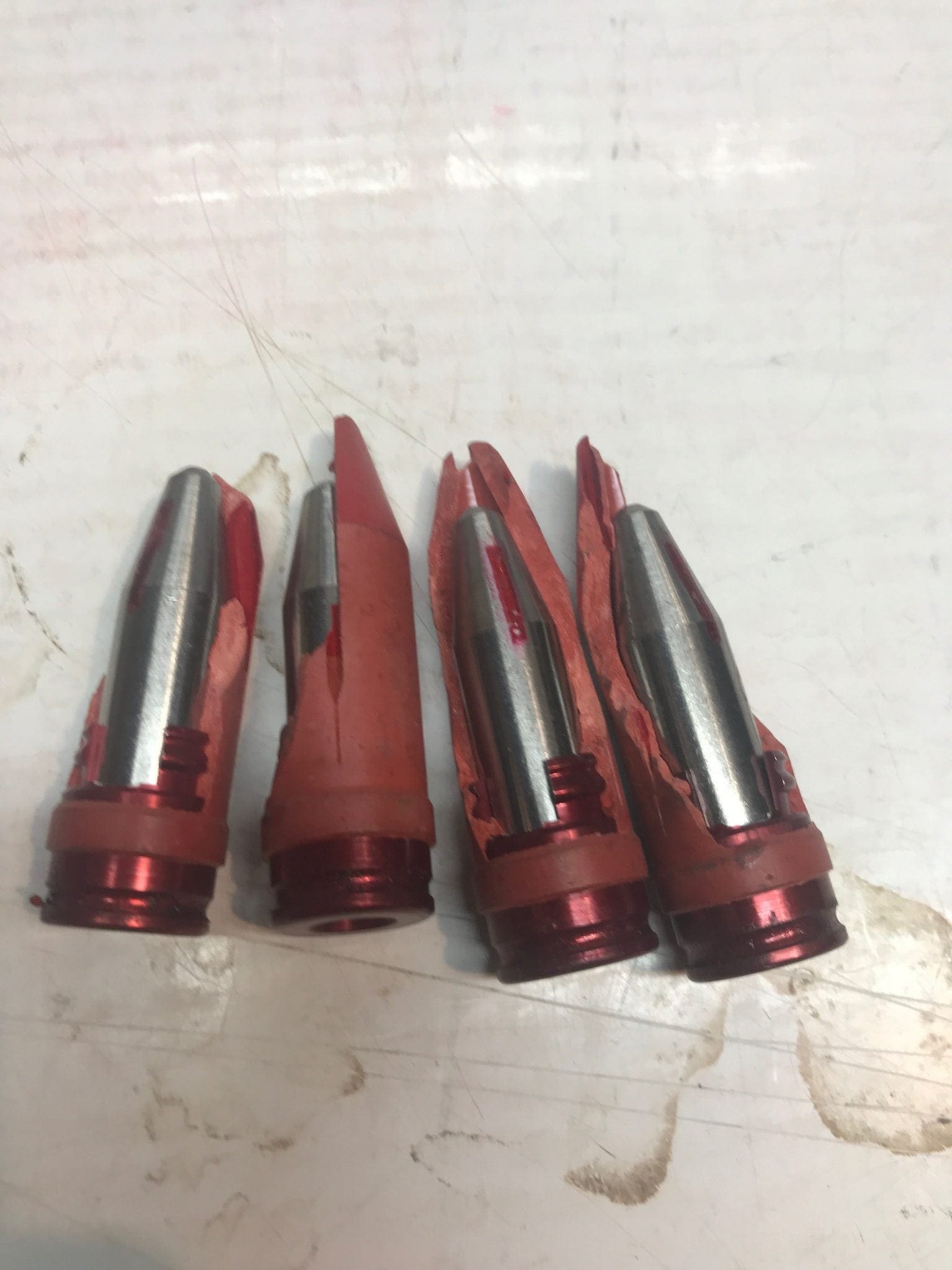

#WHAT IS A PLASTIC SABOT FOR FULL#
I load slugs for smoothbore and use full bore slugs or slugs in regular shotcups. Of course they are not sabot slugs and will not have the range of most sabot slugs.

I loaded up some 0.735" round balls and shot them in a friend's rifled Remington 870 and they shot very well. In fact so far my favourite projectile is round ball. Now, I have to ask ~ are you shooting rifled gun? Why not go full bore slug and eliminate the sabot or use 'wad slugs" like Lee or Lyman sabot slug? Personally, I think that machining has the best chance for home manufacture. It might even be suitable for what you are thinking though consistent dimensions within thousandths of an inch would likely be difficult to maintain without using pressure casting (injection moulding). Urethanes are castable and some can be very tough and hard. Hmmm, now that I am rambling, a thought comes to mind. Plastics like Delrin, Nylon, some polyurethanes and maybe some others are suitable for the pressure and friction requirements. Not sure is he intends to mass produce using machining or injection moulding. I have a friend in New Jersey that designed a sabot and had a machine shop turn out his prototypes. If you follow the sabot threads, even outfits like BPI had to make several attempts to get successful materials.Īlso, they aren't "cast", they are either injection moulded under high pressure or machined.Įasiest for the home manufacturer would be machined but you would require a lathe of CNC mill to do it. I don't like to be negative about things like this because I experiment a lot myself but I doubt you will get a resin cast sabot that will hold good enough tolerances to be consistent. I would of course take a couple measurements off of each sabot I cast before loading it to make sure it isn't dangerously oversized. The silicone and resin combined result in about a 1% shrinkage from original to final cast but that can be compensated for by making the master slightly oversized.Īs far as I have looked into the important factors are the material is strong enough and either self lubricating or lubed (alox might work?) and that the size follows close tolerances. If I could cast my own plastic sabots for use with cast bullets it would reduce my cost per round by 25-30%. Being in Canada I have to special order component sabots through registered importers and they are often months delayed or unavailable. I dabble in resin casting for scale miniatures using silicone moulds and both polyester (the smelly, toxic one) and polyurethane (the scentless more or less safe one) resins. I was wondering if anyone has ever tried or heard of others trying to cast their own plastic sabots.


 0 kommentar(er)
0 kommentar(er)
